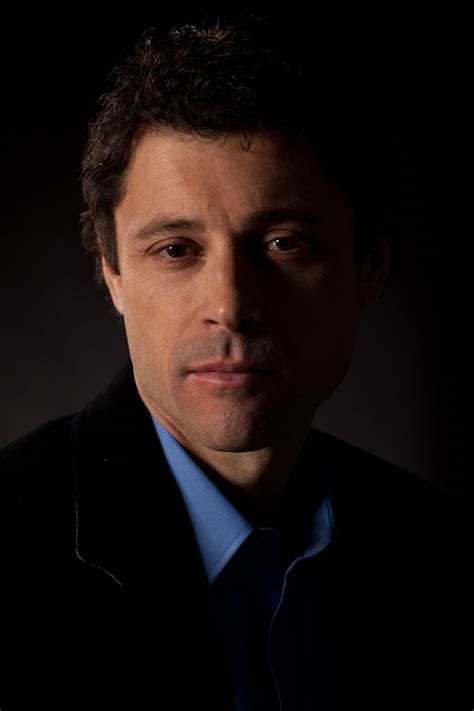A Quote by Dorothy Parker
Somewhere, there, is an analogy, in a small way, if you have the patience for it. But I guess it isn't a very good anecdote. I'm better at animal stories.
Related Quotes
I'm not a person who believes in the great difference between women and men as editors. But I do think that quality is key. We're very good at organizing and discipline and patience, and patience is 50 per cent of editing. You have to keep banging away at something until you get it to work. I think women are maybe better at that.
Against my better judgment I feel certain that somewhere very near here—the first house down the road, maybe—there's a good poet dying, but also somewhere very near here somebody's having a hilarious pint of pus taken from her lovely young body, and I can't be running back and forth forever between grief and high delight.
I guess I still feel that way and yet I'm slightly hesitant to insist on that idea, that it "better be fun for the writer." Or rather, that if it is, then the pleasure is a sign that it's good. Maybe I feel I've read that somewhere, other writers saying it, and I just think there is possibly no formula, and I don't like to read an interview with a writer where they just lay out the doxa of what quality is. It can seem brittle to do that.
I grew up in Sierra Leone, in a small village where as a boy my imagination was sparked by the oral tradition of storytelling. At a very young age I learned the importance of telling stories - I saw that stories are the most potent way of seeing anything we encounter in our lives, and how we can deal with living.







































